In the ever-evolving landscape of data privacy, businesses grapple with the challenges of compliance, especially in the context of regulations like GDPR (General Data Protection Regulation). To delve into the complexities and potential solutions, we had the privilege of interviewing Jennifer Johnson, a dedicated member of Intersect Technologies’ client delivery team.
Q: Jennifer, thank you for joining us. Can you share a bit about your role at Intersect Technologies and your involvement with data privacy and GDPR compliance?
Jennifer: Absolutely. I am a member of the client delivery team at Intersect Technologies, primarily focused on assisting our clients in implementing and optimizing technology solutions. Data privacy and GDPR compliance are integral aspects of my role, as we work closely with clients to ensure that their systems align with the regulatory landscape and safeguard user data.
Q: What, in your experience, are the common data privacy shortfalls that businesses encounter?
Jennifer: One prevalent shortfall is the underestimation of the scope and impact of data privacy regulations. Many businesses struggle to fully comprehend the extent of user data they collect and the potential risks associated with mishandling that data. Additionally, inadequate data protection measures, such as encryption and secure storage, often lead to vulnerabilities.
Q: How do these shortfalls impact businesses on a practical level, particularly in the context of GDPR?
Jennifer: The impact can be significant. Non-compliance with GDPR, for instance, can result in hefty fines and damage to a company’s reputation. Beyond the legal consequences, businesses may face erosion of customer trust and loyalty if they fail to protect sensitive information adequately. Operational disruptions and legal battles are also common repercussions.
Q: What strategies or technologies have proven effective in addressing these data privacy shortfalls?
Jennifer: Education is a crucial first step. Businesses need to fully understand the data they collect, where it resides, and how it’s processed. Implementing robust data governance practices, conducting regular audits, and embracing technologies that prioritize data security, such as encryption and tokenization, are essential components of a successful data privacy strategy.
Q: How does Intersect Technologies assist clients in navigating data privacy challenges and achieving GDPR compliance?
Jennifer: Intersect Technologies takes a proactive approach. We collaborate closely with clients to assess their current data practices, identify vulnerabilities, and develop tailored strategies for compliance. Our team emphasizes education, helping clients understand the nuances of data privacy laws. We also implement advanced technologies to fortify data protection measures and ensure alignment with GDPR requirements.
Q: Looking ahead, what trends do you foresee in the realm of data privacy and GDPR compliance?
Jennifer: Continued evolution of regulations is inevitable, with an increasing focus on user consent and transparency. We can expect more stringent requirements regarding data breach notifications and potentially expanded jurisdiction. Additionally, advancements in technologies like artificial intelligence may introduce new challenges and opportunities in the data privacy landscape.
Q: Any final thoughts or advice for businesses navigating data privacy challenges and GDPR compliance?
Jennifer: It’s crucial for businesses to view data privacy as an ongoing journey, not a one-time compliance task. Regularly assess and update data governance policies, stay informed about evolving regulations, and leverage technology partners who specialize in data security. Ultimately, prioritizing data privacy is not only a legal obligation but also a commitment to building and maintaining trust with customers.
Safeguarding Data, Upholding Trust
Jennifer Johnson’s insights highlight the critical role of proactive measures in navigating data privacy shortfalls and ensuring GDPR compliance. By embracing education, robust governance, and cutting-edge technologies, businesses can not only meet regulatory requirements but also foster a culture of trust and transparency with their customers. As the data privacy landscape continues to evolve, strategic and informed approaches will be paramount for businesses aiming to safeguard sensitive information and uphold their commitment to user privacy.




